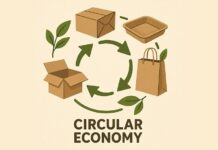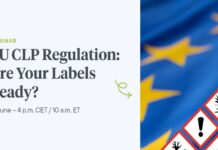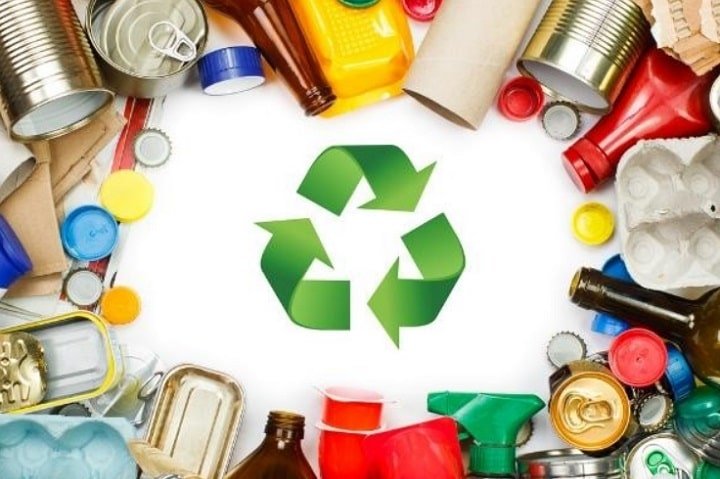In 2022, the European Commission published an update to the Packaging and Packaging Waste Directive as part of the Circular Economy Package.
Notably, it has been proposed as a regulation as opposed to a directive, which means that it has to be enacted by the members of the state once it has been finalized so as to ensure a harmonised as well as a well-operational internal market that is by all means unfragmented.
The main objective of the regulation is to lessen the production of packaging and associated waste and also improve the packaging’s recyclability and grow the market when it comes to recycled content, which happens to be a much-needed and welcome step.
Packaging Recyclability
This proposed regulation states that all the packaging has to be entirely recyclable by 2030 and recycled at scale by 2035. Recyclable in this context means that the packaging must meet the design guidelines for recycling, and if it is considered less than 70% recyclable, it will not be taken as recyclable.
New Material Implications
Notably, the regulation is surely going to have an impact on innovative novel materials such as those produced through Aquapak’s polymer Hydropol. They will continue to be in line with the development of the Design for Recycling guidelines and operate with the industry through associations so as to ensure that their needs as well as those of the customers are met.
Compostability
In the first instance, the draft regulation went on to propose a partial ban across all the compostable plastic packaging as it is often witnessed as cross-contaminating recycling streams. That said, the entire element was eventually lifted, and now compostable packaging solutions shall be allowed to be marketed as well as recycled in the EU. The group commends the European Commission’s endorsement of the significant role of compostable plastic packaging when it comes to attaining waste and climate targets.
Apart from that, by making numerous packaging applications compulsory in order to make them compostable in industrial settings, such as tea bags, fruit stickers, very lightweight plastic carrier bags, and filter ice pods, the commission is taking the first step in the right direction.
The proposed regulation happens to be under review by the European Council as well as the European Parliament, with the entire legislative process anticipated to take another 18 months before the regulation will be enacted by 2024’s end.
Apparently, the European Commission is hosting a feedback period paired with public consultation for a minimum tenure of eight weeks and this is likely to be extended further.




























